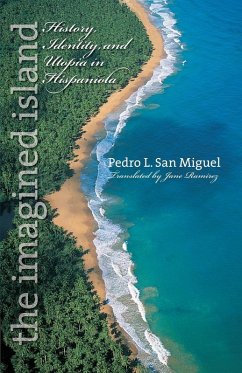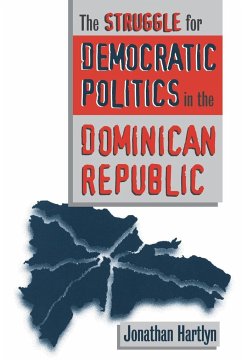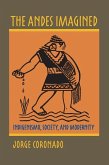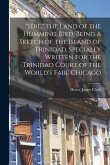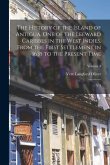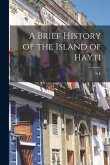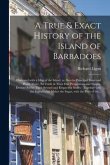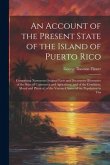In a landmark study of history, power, and identity in the Caribbean, Pedro L. San Miguel examines the historiography of Hispaniola, the West Indian island shared by Haiti and the Dominican Republic. He argues that the national identities of (and often the tense relations between) citizens of these two nations are the result of imaginary contrasts between the two nations drawn by historians, intellectuals, and writers. Covering five centuries and key intellectual figures from each country, San Miguel bridges literature, history, and ethnography to locate the origins of racial, ethnic, and national identity on the island. He finds that Haiti was often portrayed by Dominicans as "the other--first as a utopian slave society, then as a barbaric state and enemy to the Dominican Republic. Although most of the Dominican population is mulatto and black, Dominican citizens tended to emphasize their Spanish (white) roots, essentially silencing the political voice of the Dominican majority, San Miguel argues. This pioneering work in Caribbean and Latin American historiography, originally published in Puerto Rico in 1997, is now available in English for the first time.
Hinweis: Dieser Artikel kann nur an eine deutsche Lieferadresse ausgeliefert werden.
Hinweis: Dieser Artikel kann nur an eine deutsche Lieferadresse ausgeliefert werden.

